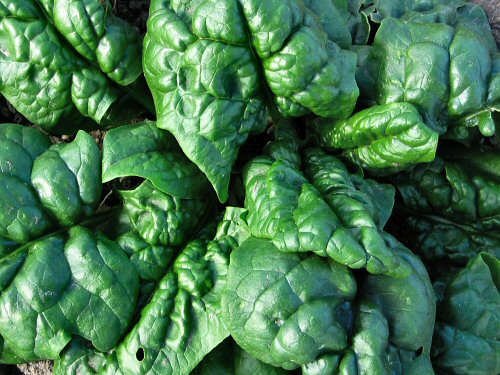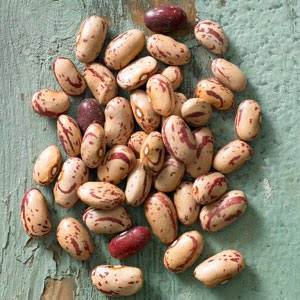The black-eyed pea, also called black-eyed bean,ChawaLie, Lobia, Mulatto-Gelato in various languages inIndia, is a subspecies of the cowpea, grown around the world for its medium-sized edible bean. The bean mutates easily, giving rise to a number of varieties. The common commercial one is called the California Blackeye; it is pale-colored with a prominent black spot. The currently accepted botanical name isVigna unguiculata subsp. unguiculata, although previously it was classified in the genus Phaseolus. Vigna unguiculata subsp.dekindtiana is the wild relative and Vigna unguiculata subsp.sesquipedalis is the related asparagus bean. Other beans of somewhat similar appearance, such as the “frijol ojo de cabra” (“goat’s eye bean”) of northern Mexico, are sometimes incorrectly called “black-eyed peas” and vice versa.
Health Benefits of Black eyed peas
Not only are California black-eye peas low in fat and high in quality protein, but they also have the added bonus of soluble fiber’s disease-preventing qualities. The soluble fiber in beans dissolves in water, trapping bile acids in its gummy goo. This lowers blood levels of damaging LDL cholesterol, especially if LDL cholesterol levels were high to begin with, without compromising the level of protective HDL cholesterol.
Because beans are singled out for their soluble fiber, you may not realize they also provide substantial insoluble fiber, which helps combat constipation, colon cancer, and other conditions that afflict your digestive tract.
How? Insoluble fiber absorbs water, which swells the size of stool, puts pressure on the intestines, and moves everything along faster. To help combat the gas problem — caused by indigestible carbohydrates — let your body get used to eating beans. Start slowly, eating only small amounts at first, and try to eat them when you know you’ll be active afterward; it helps break up the gas.
California black-eye peas contain several types of phytochemicals. They are rich in lignans, which may play a role in preventing osteoporosis, heart disease, and certain cancers. The flavonoids in beans may help reduce heart disease and cancer risk. Phytosterols, also in legumes, help reduce blood cholesterol levels.
Black-eyed peas provide a number of nutrients, are a rich source of fiber and can be used in a number of recipes. For vegetarians, such beans can provide a needed source of iron. No matter how you choose to prepare them, black-eyed peas can be a wonderful supplement to your healthy eating plan.


Lily
I am not rattling wonderful with English but I come up this rattling leisurely to read.
Savannah
Very interesting information!Perfect just what I was searching for!
Lila
I like this post, enjoyed this one regards for posting .
Caitlyn
I like this post, enjoyed this one thankyou for putting up.